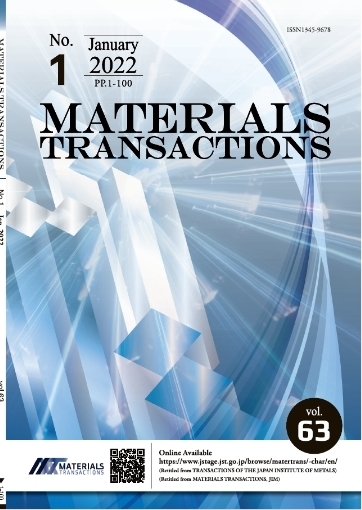Corrosion of Ultrafine Grained Materials by Severe Plastic Deformation, an Overview
Hiroyuki Miyamoto
pp. 559-572
Abstract
Corrosion of ultrafine grain (UFG) materials by severe plastic deformation (SPD) is reviewed in light of the existing literature and microstructural change. Fortunately, by holistic survey of the literature, it seems likely that grain refinement by SPD, while enhancing mechanical properties, does not compromise the overall corrosion resistance, and in many case, improve it in comparison with coarse-grained counterparts, although there are some contradictory results within the same materials and same environment. The degree of impact of UFG formation on corrosion is highest in stainless steels followed by aluminum and magnesium alloys whereas it is relatively marginal in pure copper and titanium. The effect of UFG formation by SPD on corrosion is imparted by not only grain refinement, but also other microstructural change occurring commonly in SPD in general and unique to each specific SPD method. In this review, an attention is paid specifically to the former case, and this includes shuffling or redistribution of chemical inhomogeneity into a finer scale, deformation-induced grain boundaries and high internal stress stemming from these grain boundaries. The literature on stress corrosion cracking (SCC) of UFG materials are definitely insufficient to find the general trends, more studies are waited.
Readers Who Read This Article Also Read
MATERIALS TRANSACTIONS Vol.57(2016), No.5
ISIJ International Vol.56(2016), No.7










